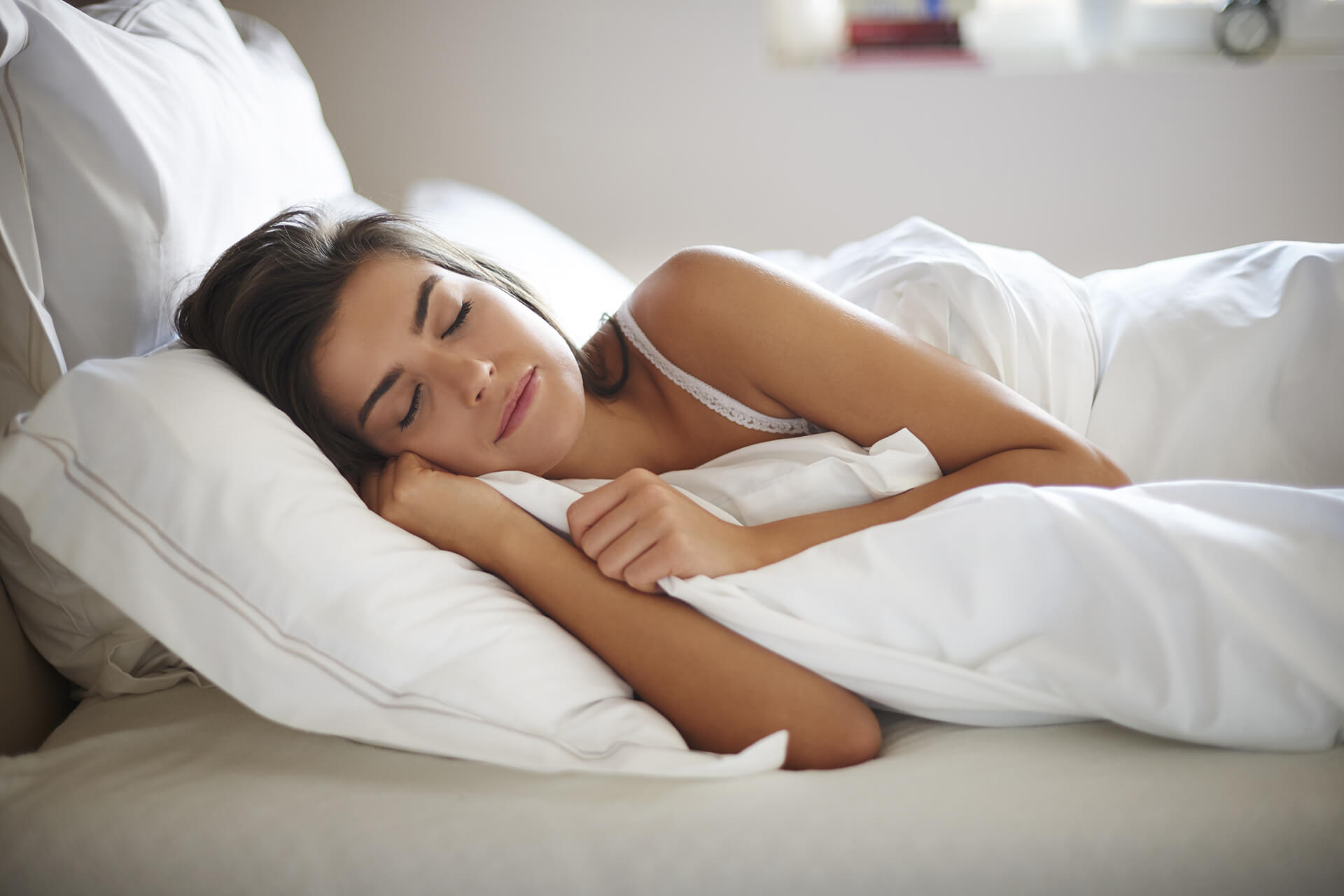In a largely competitive world, we often tend to forget the value of simple pleasures of life. A good night’s sleep, simple as it may sound, is that treasure trove of goodness that holds the key to wholesome wellbeing. It is of utmost importance to develop and maintain good sleep hygiene to ensure the far-reaching effects that it has on one’s physical, emotional, and mental well-being. Just as eating nutritious food rejuvenates the body, sleep provides nutrition for the brain and helps it recoup after a day full of activity. The restorative qualities of good sleep are evident through its role in preventing a variety of diseases, including health disorders and dementia.
It becomes imperative to make all the required lifestyle changes that ensure an optimum amount of sleep every night. While the required hours may differ for individuals, research says that on an average an adult needs seven to eight hours of good sleep to remain truly productive and healthy. The definition of good sleep is based on a number of factors. First, the number of hours one gets to sleep must be optimum. Next, how well a person sleeps undisturbed during those hours makes a difference to the overall quality of the sleep.
Cultivating good sleep hygiene is immensely rewarding and must be incorporated in one’s routine at the earliest to reinvent a healthy lifestyle. Getting good sleep has beneficial effects on one’s overall functioning. One feels rejuvenated and has energy and enthusiasm and takes on a new day after a good night’s sleep. Disturbed sleep or insomnia, on the other hand, may lead to feelings of exhaustion, nervousness, or irritability, which definitely hamper one’s work schedule or interpersonal relationships. Below, we share some ways in which one can ensure proper sleep hygiene.
It is recommended that one switches off all electronic gadgets, such as phones and notebooks, at least one hour prior to sleeping time. The reason for this recommendation is that the light emitted from these electronic devices tends to keep the brain alert and decreases the speed at which it begins to relax. Rather than using gadgets, transition to reading physical books, listening to soothing music, or tuning in to guided meditation or calming apps that prepare one for a good night’s sleep. It is also highly recommended to restrict – or totally avoid – the use of nicotine or caffeine towards bedtime. Drinking a glass of warm milk may also help in calming the system down. These suggestions, if implemented, will indeed go a long way in reshaping your sleep schedule. Ensure that you have a good night’s sleep and meet a more productive you!
